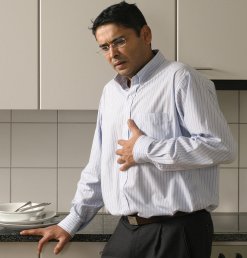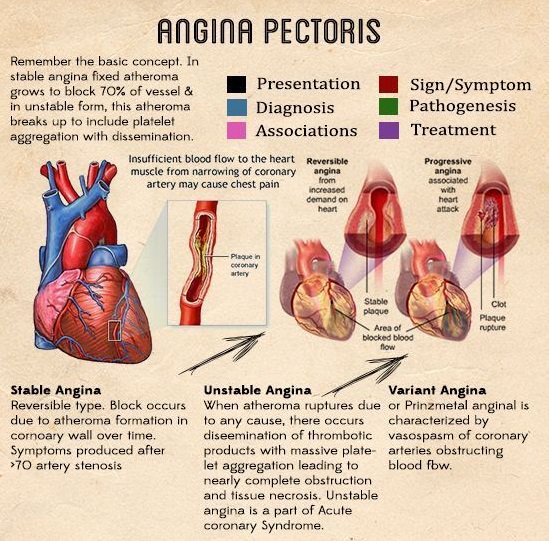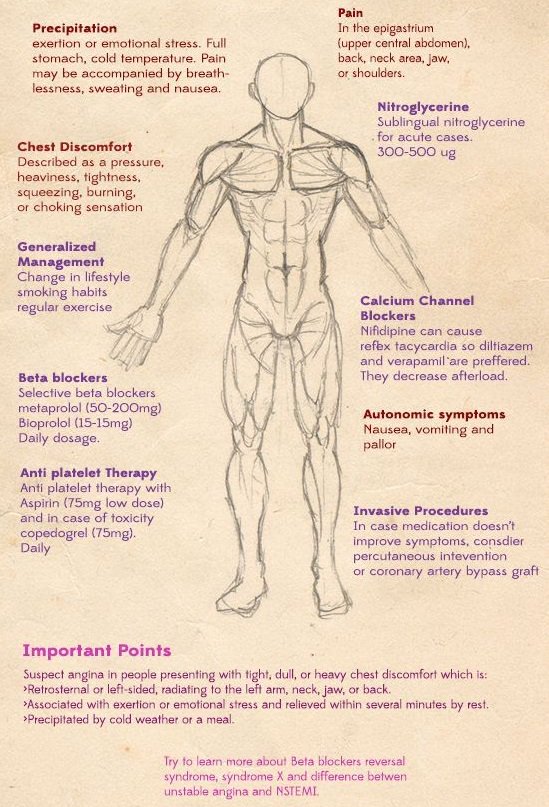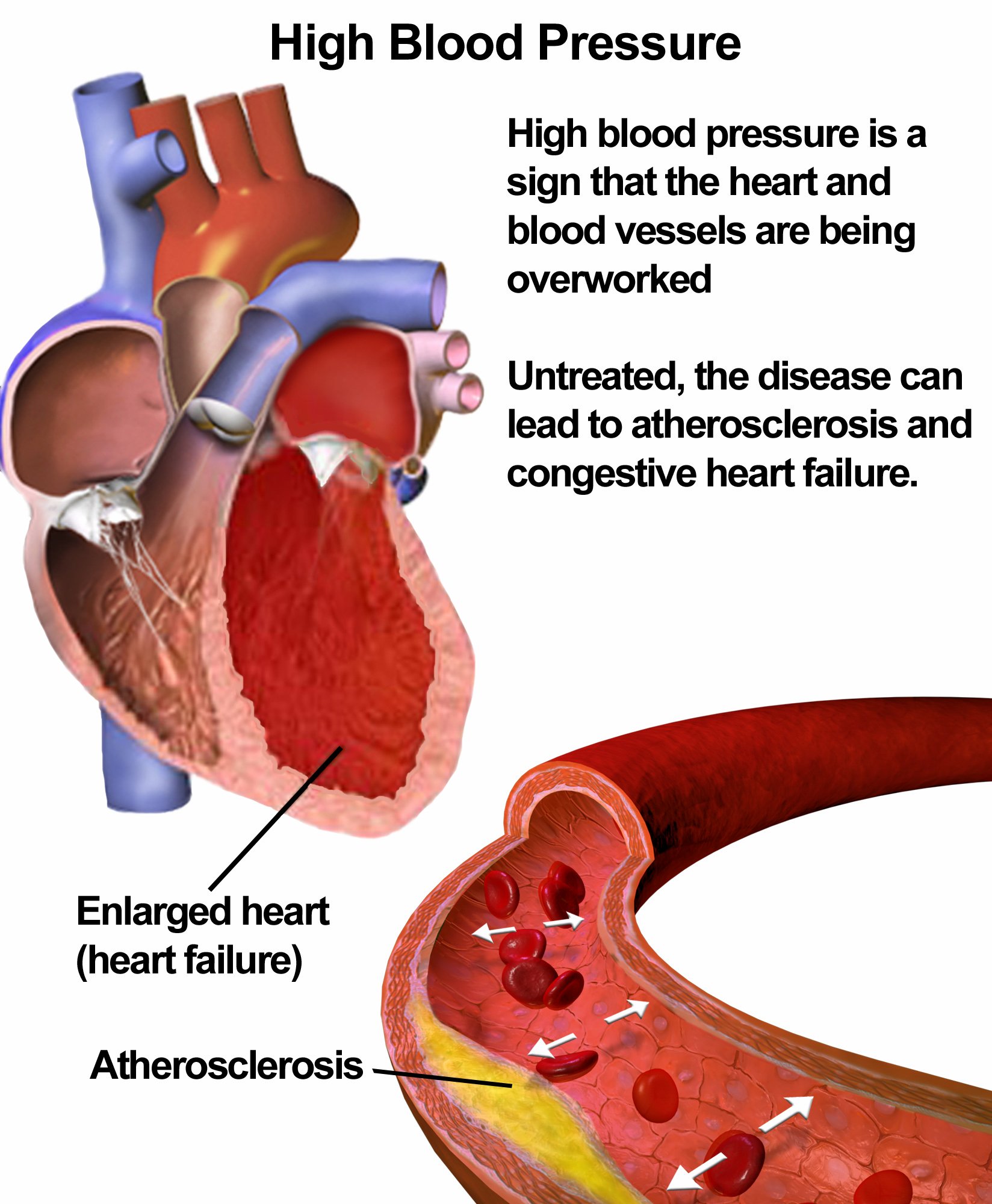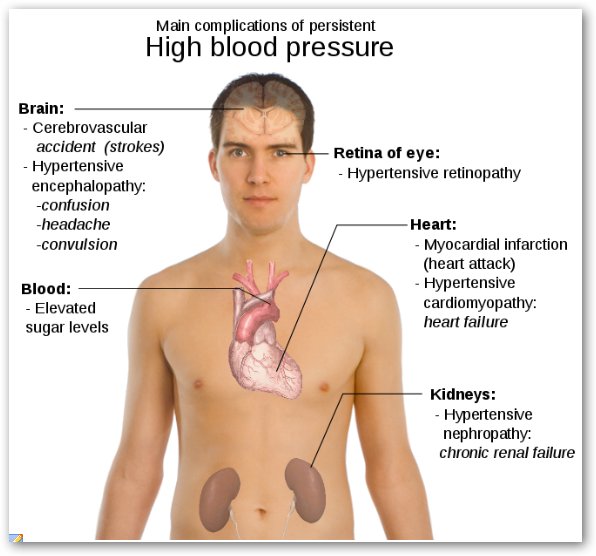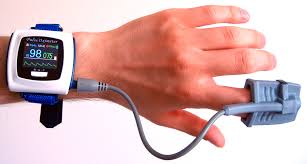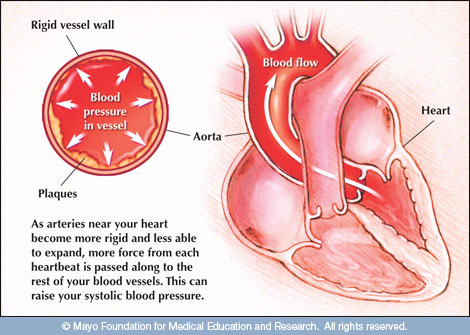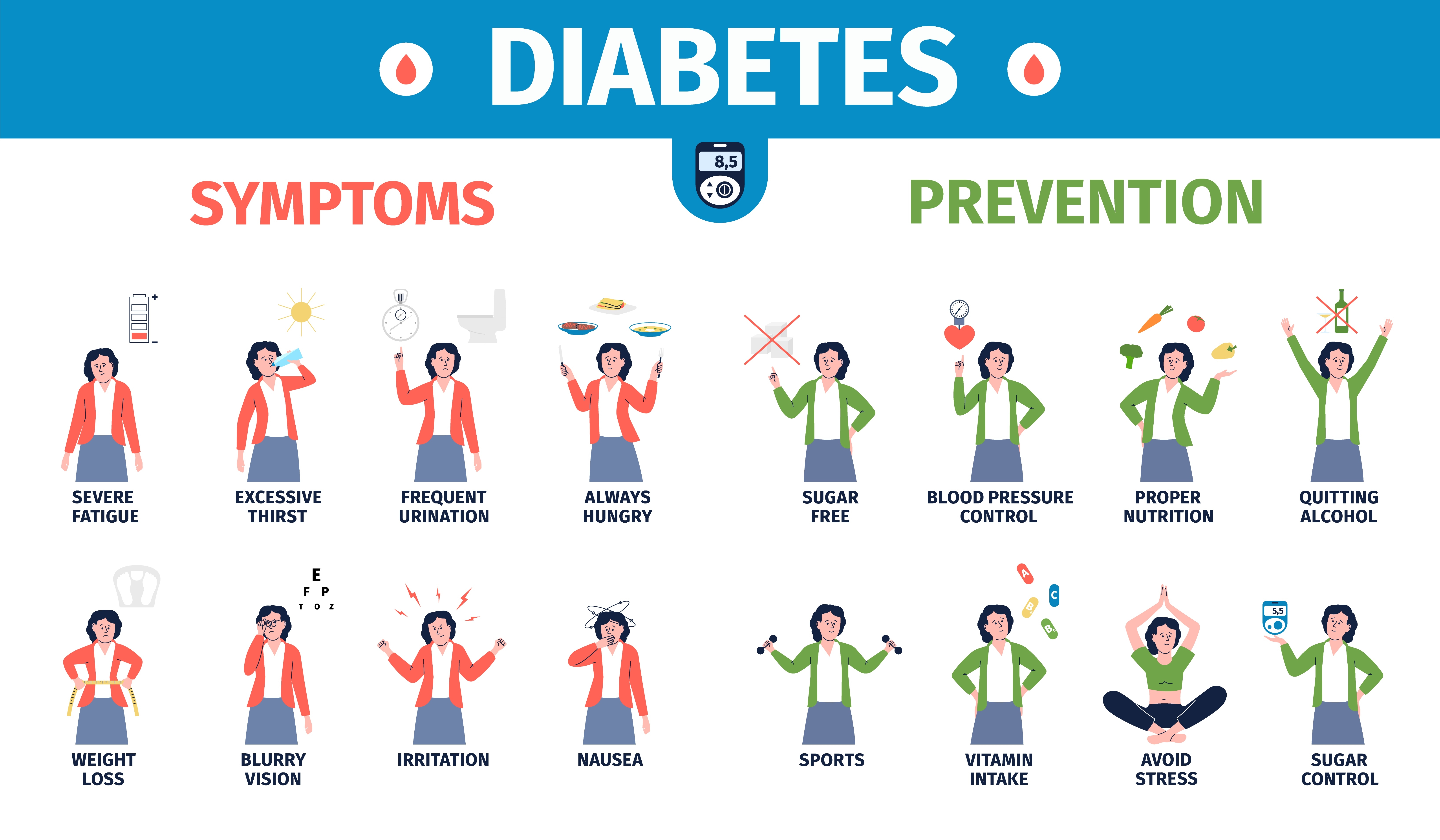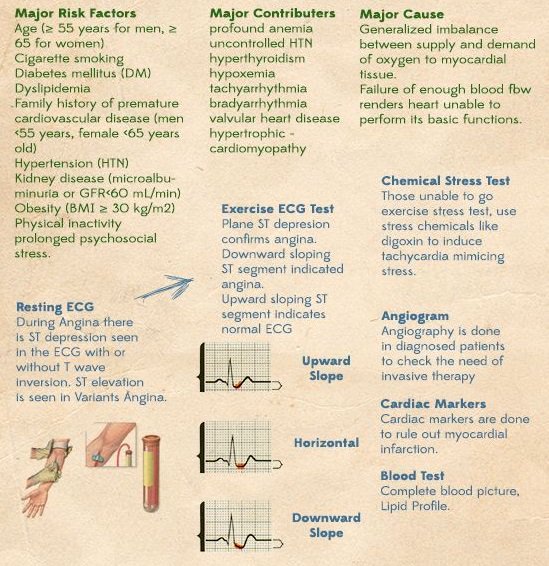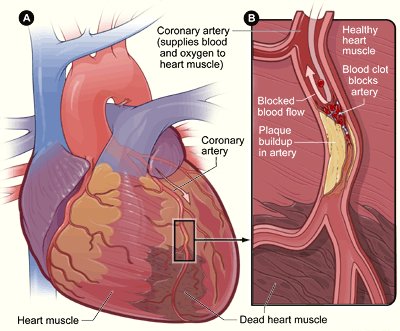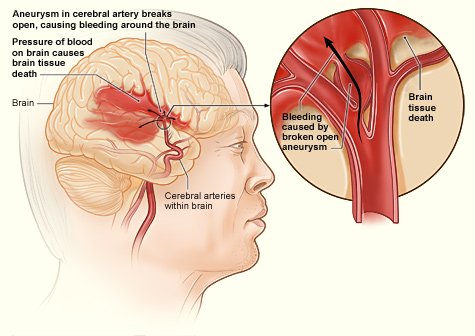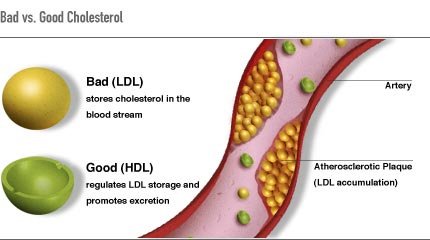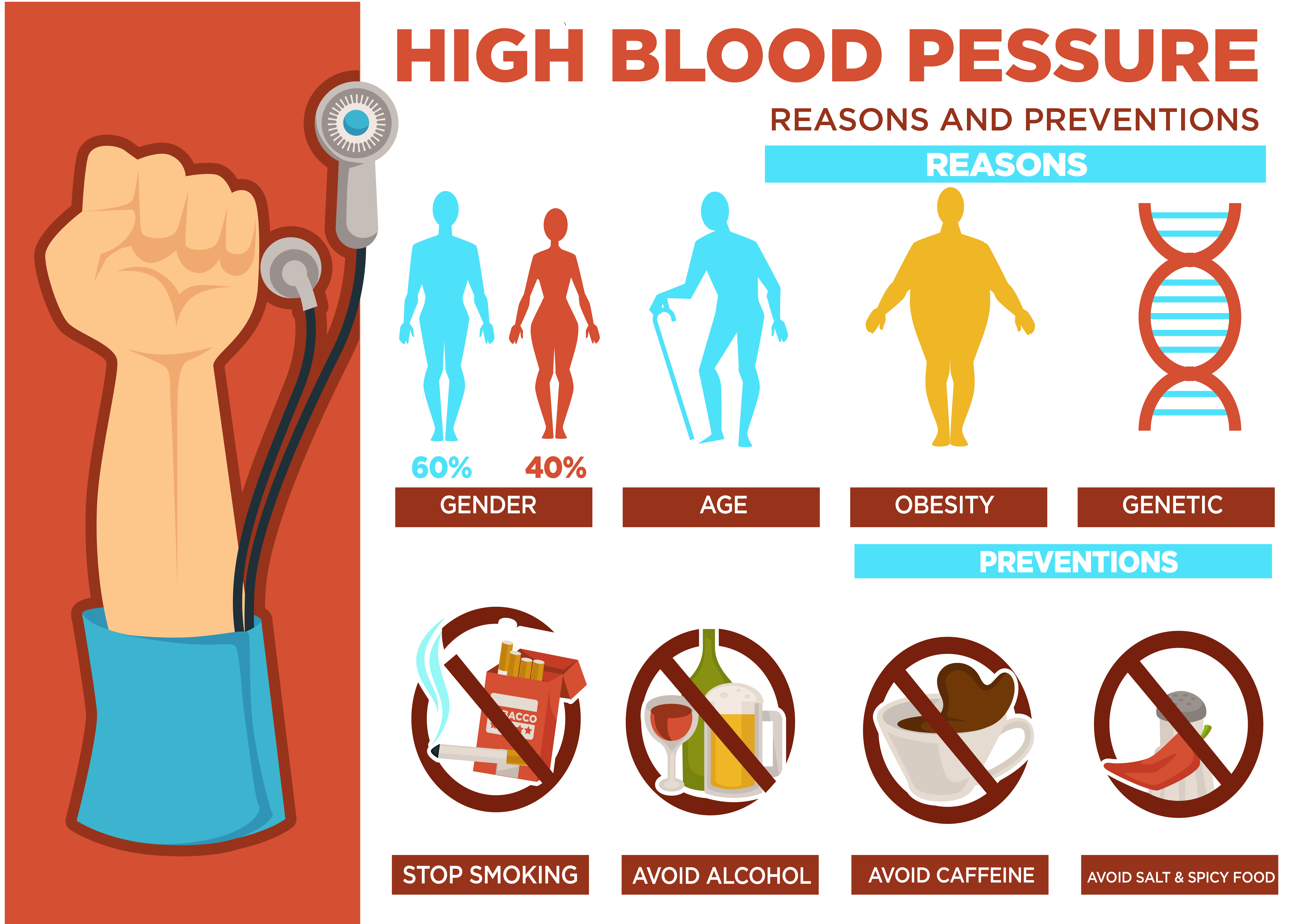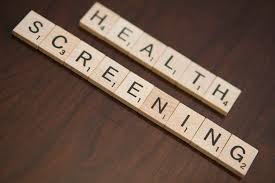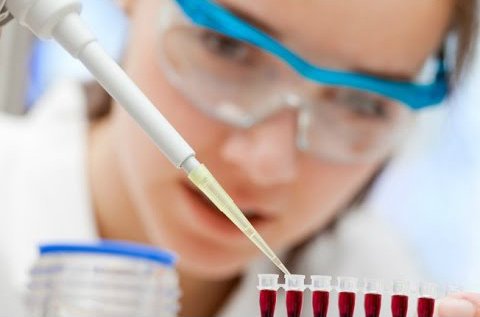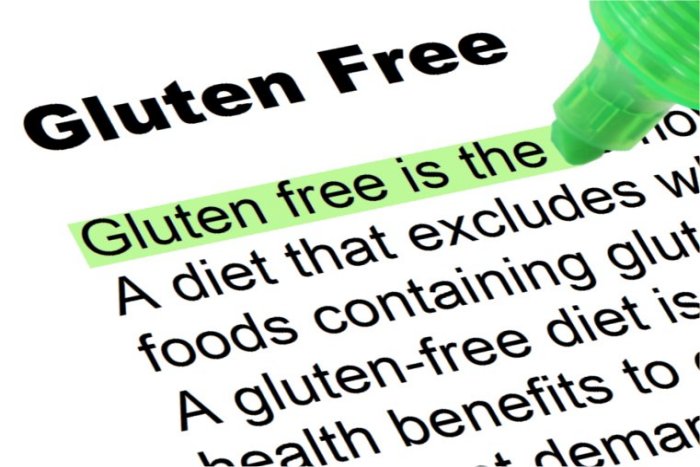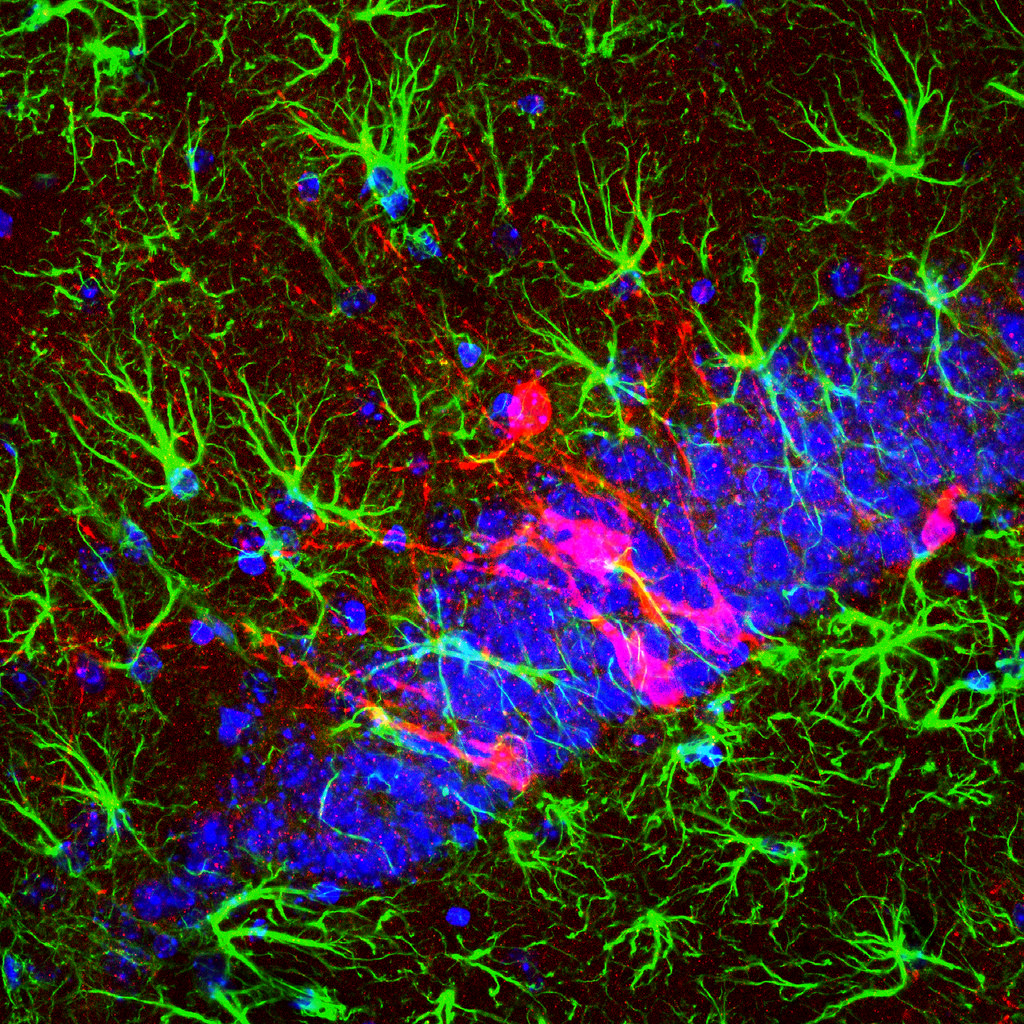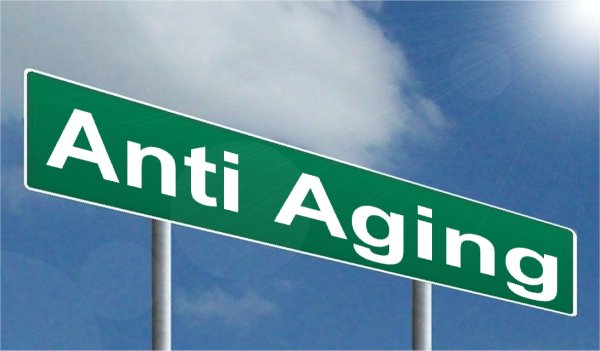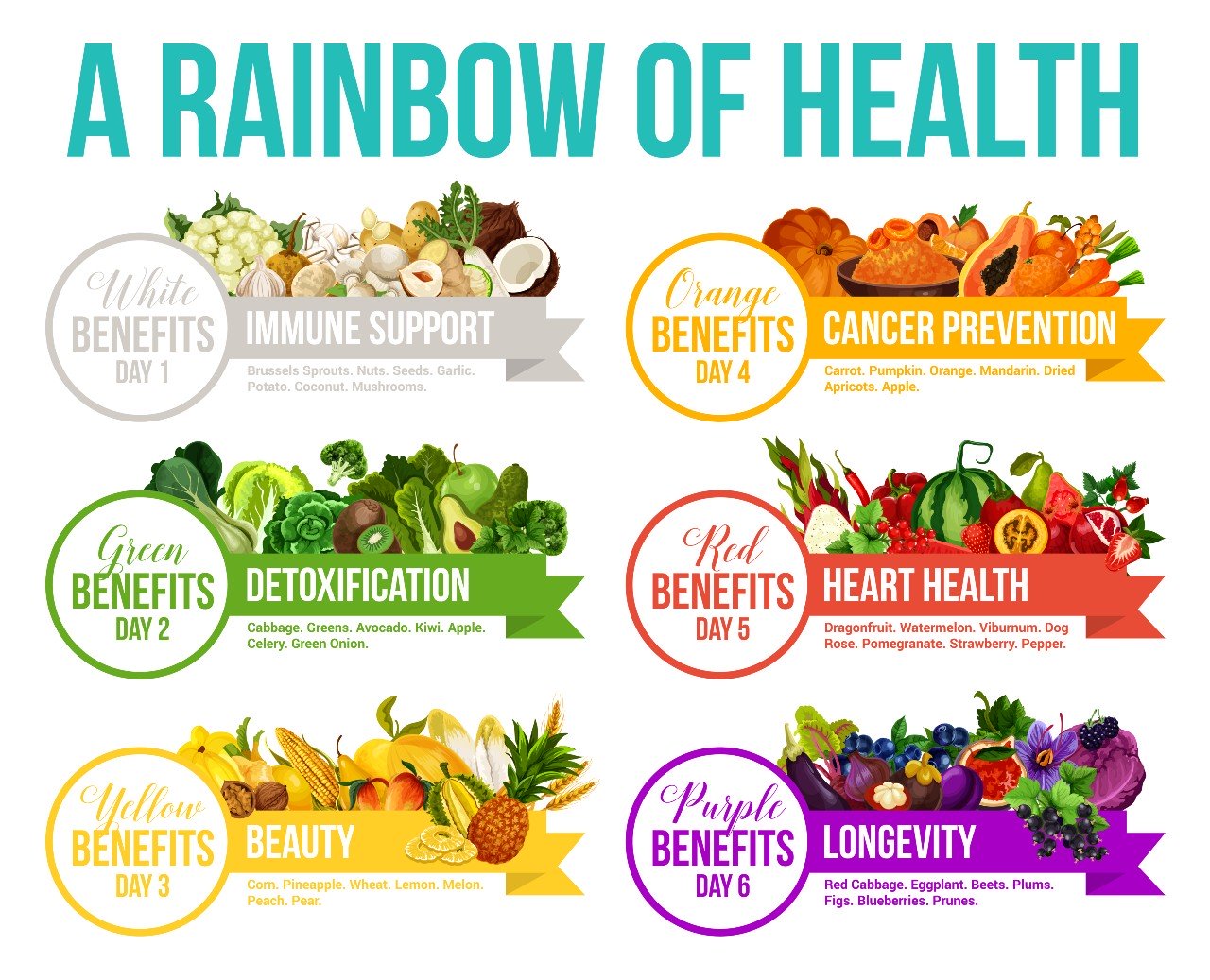What is Angina?
|
Angina (also known as Angina pectoris) is the name given to pain in the chest that comes from the heart when it is short of oxygen. The heart is a large muscle that pumps blood about every second, and if it cannot get enough oxygen from its own blood supply (the coronary arteries) it will develop a ‘cramping’ pain rather like a cramp in the calf of the leg. |
The main cause of angina is a narrowing of the coronary arteries by a fat-like deposit called atheroma. It is a common problem.
Please seek Medical attention as soon as possible if you are unsure of you or your family's health condition.
What are the Symptoms of Angina? 心绞痛的症状是什么?
Angina is typically a dull, heavy discomfort or pain in the center of the chest. It has been described as ‘pressure’, ‘tightness’, ’heaviness’ and ‘like indigestion’. The pain can spread to the neck (throat), the jaw, the back or the arms (usually the left arm). Additional symptoms may include shortness of breath, sweating, nausea and tiredness.
What brings on Angina?
Angina characteristically appears during physical activity and fades away when the exertion stops. It can also be brought on by highly emotional situations (e.g. anger, fright, excitement), cold weather or after a heavy meal. People who smoke heavily or are overweight are more likely to suffer from angina.
What are the Risk factors for Angina?
Smoking, high blood pressure, a high blood cholesterol level, obesity and diabetes increase the risk of getting angina. There is also a tendency for it to run in families.
Is Angina dangerous?
Angina is a symptom that serves as a warning that the muscle of the heart is not getting enough blood and there is a risk of a heart attack. Angina does not usually cause any damage to the heart.
Sometimes it is difficult to be sure that chest pain is true angina, and so an ECG (electrocardiogram) may help the diagnosis. The ECG can be performed while you are lying down (the resting ECG) or when stressed, such as cycling on a stationary bike (the stress ECG). If surgery is being considered, the state of the coronary arteries can be determined by special X-rays or scans. All patients should be tested for high blood cholesterol.
Hypertension Symptoms & Treatment, Blood Pressure monitoring, BP Chart
What is the Treatment for Angina?
Self-help
· If you smoke, stop.
· If you are overweight, go on a sensible diet.
· If you are inactive, take on an activity such as walking for 20 minutes a day.
· If you are tense and stressed, cultivate a more relaxed attitude to life.
Medical help
There are many tablets that can help. Medications can relieve the pain. Your doctor will advise you about these tablets and other medication.
What are the Warning signs of Angina?
心绞痛的警告信号是什么?
Patients usually cope well with their angina by using a disciplined approach to life. However, there are some warning signs that mean the problem is worse than usual and your doctor should be notified:
· Angina that lasts longer than 10 minutes
· Angina pain that is more severe than normal
· Anginine tablets (up to 3) not easing the pain
· Angina becoming more frequent for no apparent reason
· Pain coming on at rest for the first time
· New symptoms, such as sweatiness and breathlessness
Heart Health - Coronary Heart Disease, Learn what is Angina and Stroke, as well as How to Lower Cholesterol
Kelly McGonigal: How to make stress your friend
Stress. It makes your heart pound, your breathing quicken and your forehead sweat. But while stress has been made into a public health enemy, new research suggests that stress may only be bad for you if you believe that to be the case. Psychologist Kelly McGonigal urges us to see stress as a positive, and introduces us to an unsung mechanism for stress reduction: reaching out to others.
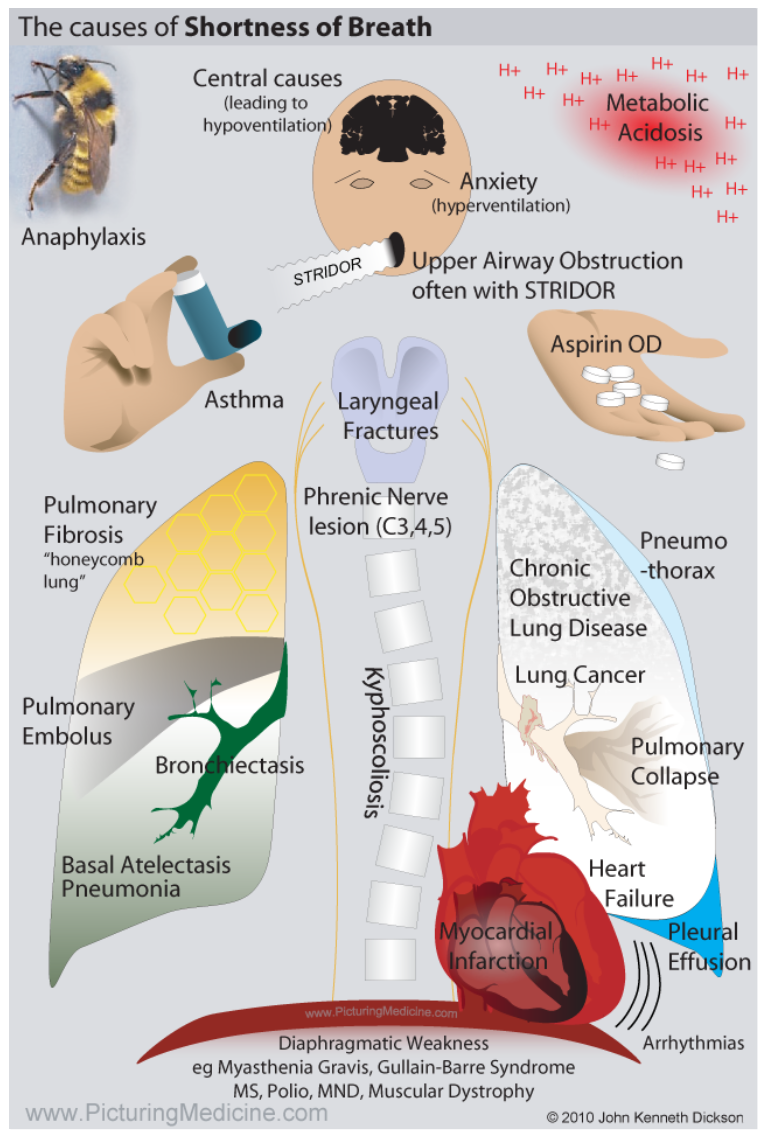
Health Assessment & Screening Packages
How a Gluten-free Diet can Improve your Chronic Illnesses
Healthy Diets for Optimal Health
|
The information provided in this website is for knowledge purposes only. It does not constitute medical advice.
Should you encounter any medical problem that you are unsure of, always consult your doctor or health care provider for assistance and medical advice.
